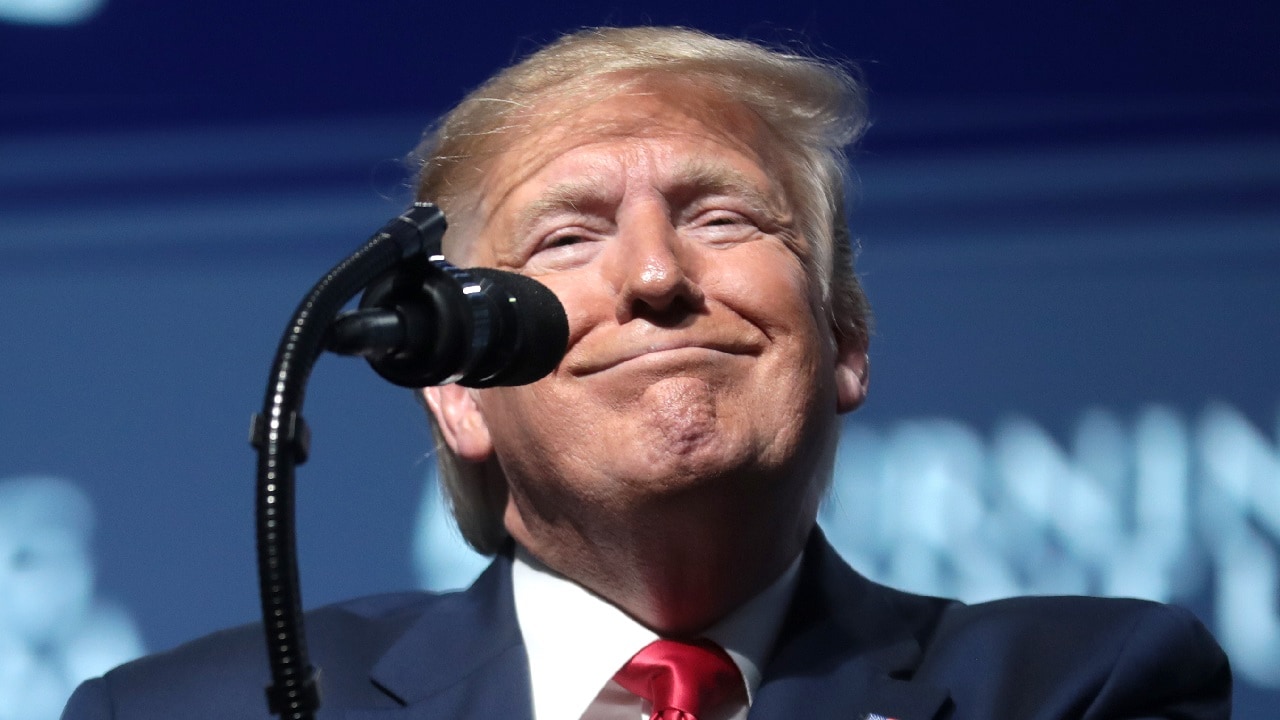Trump’s Passive Role as House Republicans Grapple with Leadership Crisis – The ongoing leadership drama within the House Republican conference is revealing a significant aspect of former President Donald Trump’s approach to authority within his party. Despite apparent alignment with Rep. Jim Jordan for the role of the next House Speaker, Trump made no strong efforts on Jordan’s behalf.
The Trump Challenge
Rep. Steve Scalise received a tepid nomination from the Republican conference, but Trump-by far the frontrunner in the race for the GOP 2024 nomination- refrained from leveraging his influence to back Scalise or urge party unity. Instead, he provided a lukewarm endorsement for Scalise during an interview with Fox News. This lack of assertiveness indicates Trump’s minimal interest in actively shaping the future leadership of the House.
Even as Scalise faced opposition within the party, Trump’s lack of direct intervention underscored his reluctance to exercise authority beyond his own sphere of influence. Trump seemed to view the turmoil within the party as a mere sideshow, demonstrating his detachment from the internal power struggles.
The absence of a dominant leader within the modern Republican Party further emphasizes Trump’s pivotal position. Despite internal disagreements and varying opinions on Trump’s influence, he remains the only leader with a substantial following in the party. This situation persists as Republicans grapple with whether they want Trump to continue shaping the party’s trajectory.
The House Speaker race and its subsequent chaos reflect a broader trend within American politics. The uncertainty surrounding Trump’s future actions, potential legal issues, and the possibility of a 2024 presidential run pose significant questions for the party. Until these uncertainties are resolved, the House GOP’s internal struggles and leadership disputes remain peripheral.
The leadership contest for the House Speaker position, currently mired in marginal fights for authority and influence, exposes the lack of concrete roles within the House. Trump’s enduring influence in the Republican Party renders other leadership positions relatively insignificant, leading to a lack of cohesion and clear direction.
Trump’s passive role in the House GOP’s ongoing leadership crisis raises pertinent questions about his willingness to exercise authority and shape the future leadership of the party. As internal struggles persist, the party remains in a state of flux, awaiting resolution on the MAGA front.
Expert: “I don’t think the GOP would vote for Ronald Reagan”
Adam Bruton, a Senior Researcher at the London-based intelligence firm Winter Circle Ltd, told 19FortyFive that the situation: “speaks to how divided the GOP is, and how a decent number of their caucus is not interested in governing or delivering on conservative priorities anymore.
“Increasingly the party has become paralyzed by a small but vocal minority of House reps are more interested in getting props on social media and appeasing their most radical constituents by flexing their ideological rigidity in lieu of actual governance or policy success. Until the party gets real about winning power, and doing something with it, this paralysis will continue indefinitely.
“I don’t think the GOP would vote for Ronald Reagan himself if he came back from the dead and offered himself up. There’s no interest in governing anymore,”
Georgia Gilholy is a journalist based in the United Kingdom who has been published in Newsweek, The Times of Israel, and the Spectator. Gilholy writes about international politics, culture, and education.

